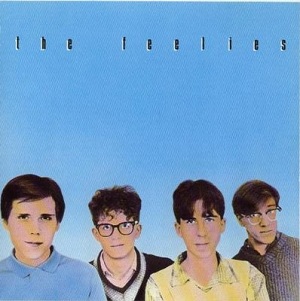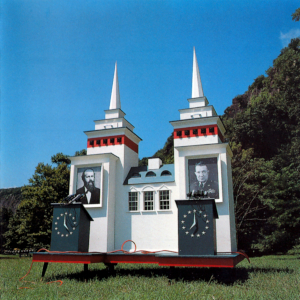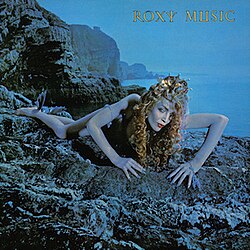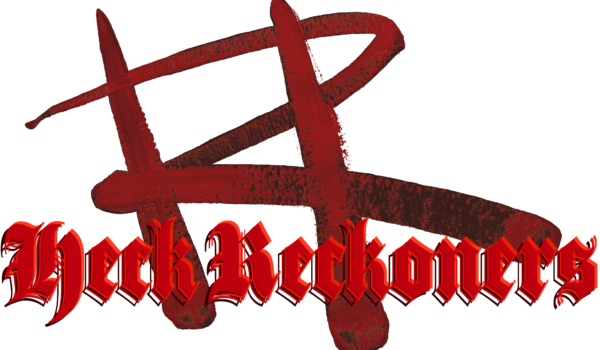When we first assembled Heck Reckoners, I was listening to a lot of Preoccupations. I thought I wanted to be in a post-punk band. I was enamored with chorus, trebley bass, synthesizers, drum machines, monotony, baritone vocals, and waves of white noise. None of this took into consideration that our drummer has a rock & roll heart, our singer is an alto with a dramatic streak, and that our songs are more Black Flag than Bauhaus, more The Cult than The Cure, more Jon Spencer than Joy Division. Of Preoccupation’s influence, I think we only kept the chorus pedals.
Even our initial plan of cranking out a hasty initial EP – as Preoccupations did with Cassette (which was sold on cassette tape) – became scuttled among shifting member changes and the fact that we soon ended up with over a dozen songs that we liked well enough to record.
But, regardless of their overall influence on HR, I do want to celebrate Preoccupations, who mix all the best parts of Joy Division, early Wire, Public Image Ltd, Magazine, The Pop Group, and New Order.
Preoccupations began, as so many bands do – as ours did – from the ashes of another, Calgary’s beloved Women, an experimental group whose disassembled psych-rock isn’t too far removed from Preoccupations post-punk mutations. They’ve since recorded four albums and an essential debut EP, and were early to this current wave of post-punk bands that include Squid, Dry Cleaning, Porridge Radio, and Protomartyr.
Preoccupations make dark, serious, droning music, with a sliver of irony. You can dance to it. You can nod off to it. Occasionally it rocks. Mostly it does not. Their songs have weird structures. A song will build a polyrhythm and then smash it apart. A chorus will become a verse and vice versa. Some of their choices are odd. On Viet Cong’s six-plus minute “March of Progress,” an Eno-esque drone turns into a drum circle choral chant, before becoming a new wave song. But some of their choices make a contrarian type of sense. On the album’s poppiest track, “Continental Shelf,” the band follow their hookiest riff in the chorus by playing a rhythm guitar that sounds like an airplane taking off throughout the verse. This is not a band looking ofr the top of the charts. Their lyrical subject matter is no less perverse. This is a band that writes about geography, mitosis, anxiety, and stasis. They’re down on love and cool with entropy. The world may be on fire, and they seem resigned to it.
They’re also consistent. Excepting the leap in production value from Cassette to Viet Cong, their other albums might as well be interchangeable. All four of them are about 35 minutes long and have seven or eight tracks. Some of them will be short, but one of them will be over ten minutes. And they will all feature that grab bag of late 70s and early 80s signifiers that, for some reason, are candy to my ears. There’s chopping rhythm guitars, ping-ponging bass, crisp snare rolls, simple synthesizer lines, vocals shouted against the melody of the song, Roland machine drums, and enough feedback to make it feel alive. They may use my favorite collection of tones in all of music.
A NOTE: Preoccupations began their career as Viet Cong – today’s album from 2015 was initially self-titled – and it was their incendiary band name (and positive reviews) that drew me to this album. Amid a public outcry (and a college that canceled their gig), Viet Cong changed their name. Interestingly, the first wave of post-punk bands didn’t shy away controversial political band names – Gang of Four and Joy Division come to mind – but the four white Canadian boys of Preoccupations never found the right justification for naming their band after a Vietnamese insurgent group that was responsible for a lot of dead people that used to live in North America, so they changed it. For as much as punk (and post-punk) is about needling people, apparently a canceled gig and some internet controversy was enough to get Viet Cong canned.







